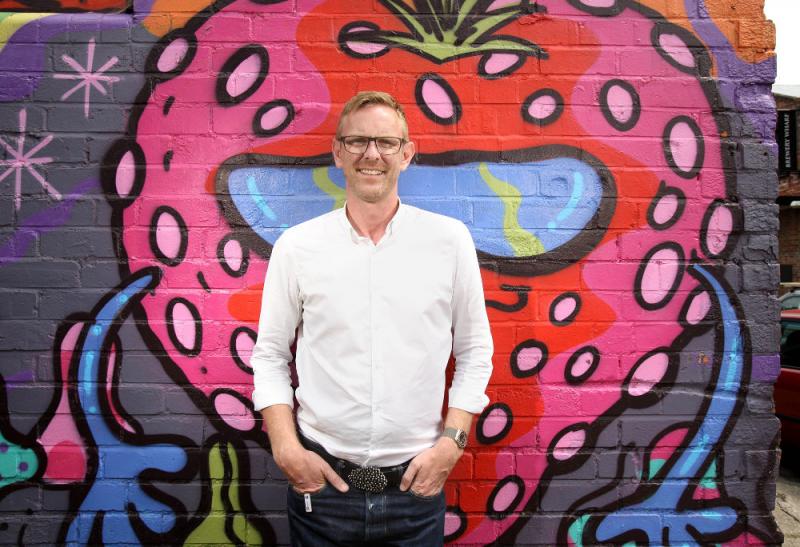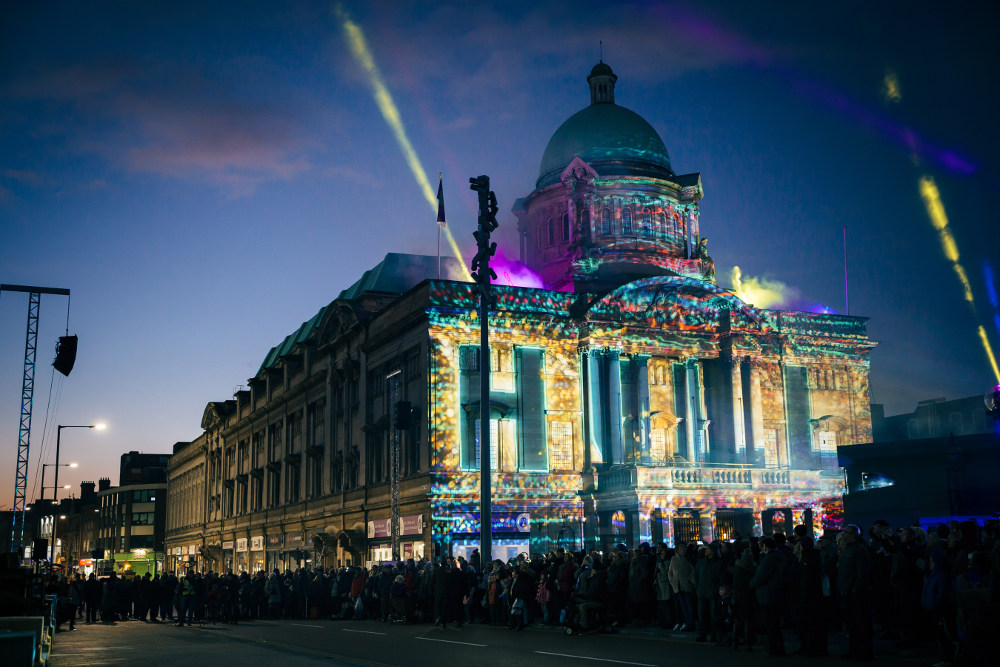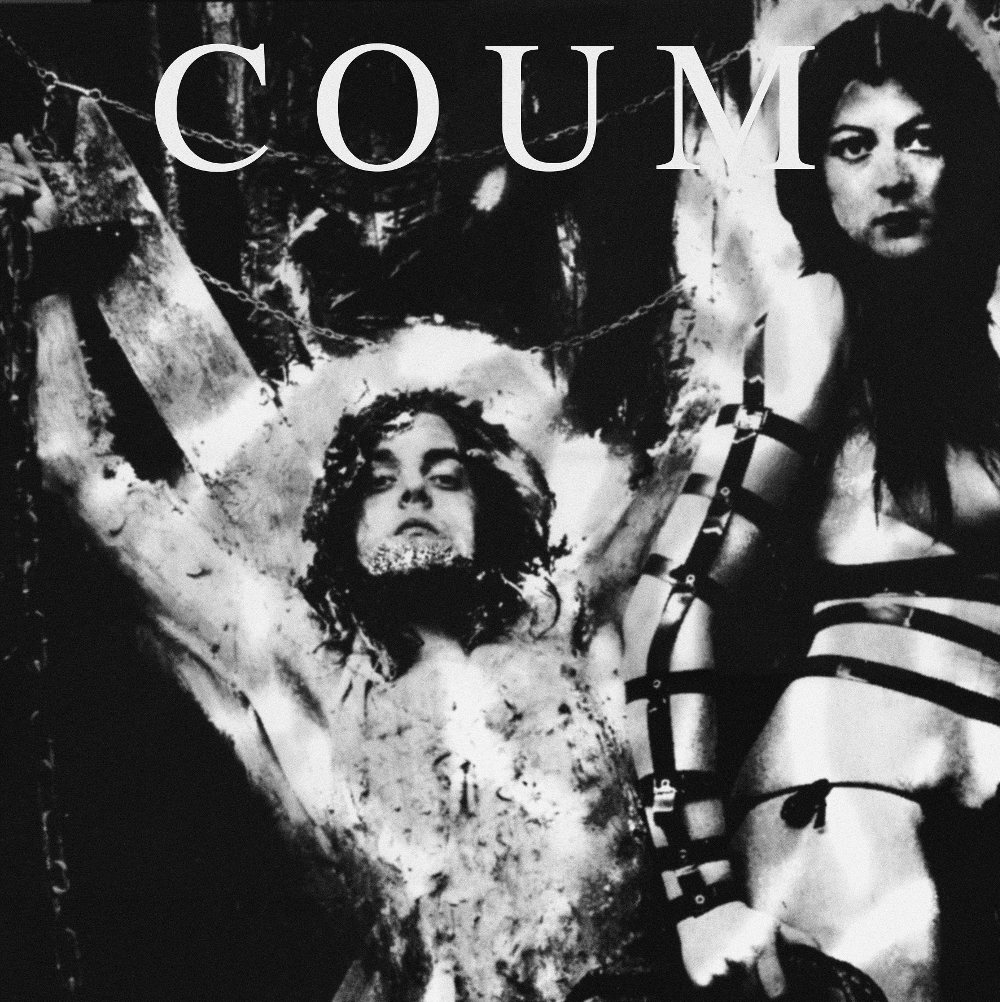10 Questions for Hull 2017's Martin Green | reviews, news & interviews
10 Questions for Hull 2017's Martin Green
10 Questions for Hull 2017's Martin Green
Interview with the 2017 UK City of Culture director about curating a 365-day project

Hull has just become the UK’s 2017 City of Culture, with director Martin Green overseeing a mammoth 365 days of artworks and art events – both home-grown and drafted in – seemingly across every inch of the city. Green is the man behind the London 2012 Olympic opening and closing ceremonies, and it was he who launched London’s O2 in its transformation from the Millennium Dome.
DAVID KETTLE: Hull 2017 is clearly a vast project. How have you involved the people of Hull in transforming their city into the UK City of Culture for 2017?
MARTIN GREEN: That started way back in the bidding process. I didn’t start as director until the city had won the bid – the bidding took place in 2013, it was won in November 2013, and I started in 2014. But the city council galvanised the people of the city behind it, and engaged them in talking about the kind of culture they wanted. Their ideas went into the bid book, which became the cornerstone for the year’s events. We’ve always said that our role is to curate the bid. That means some things being done directly as they were originally planned, while other things have inevitably evolved since then.
Can you give an example of something that’s remained from those very first ideas?
One example of something that’s remained since the consulation is a key part of our visual arts programme, called Look Up. In the bid, it was actually called Looking Up and was intended to be 52 visual arts commissions across the year, essentially one a week, in public spaces. We decided that less is more, so we’ve commissioned fewer works, but they’re bigger and last longer. Part of the reasoning there was to encourage visitors to the city – a one-day, one-off work wouldn’t do as well as a three-month exhibition. So that programme is now a series of much larger interventions in spaces all around the city, by artists including Nayan Kulkarni, Bob and Roberta Smith, Michael Pinsky, Tania Kovats and Claire Barber.
How have you made sense of Hull 2017’s events across the whole year?
There were four themes in the original bid, and they originally ran concurrently throughout the year. But we’ve turned them round and assigned one theme to each three months, so we’ve effectively turned the year into four seasons. That has a pragmatic result, so that it becomes much easier to think about how you’d put 365 days of programming together. But it also gives us an increasingly expansive narrative against which to programme.
What’s in the year’s first season?
The first season is Made in Hull, which tells the story of the city, including things that people may not have considered before. It’s about celebrating the stories and people of the city, and bringing them to a wider audience. I’m particularly proud of our opening event, also called Made in Hull (pictured below), which was a sound and light projection piece that took people right through the city centre, directed by Hull-born documentary filmmaker Sean McAllister.
 How do you take things on from that opening season?
How do you take things on from that opening season?
The second season is called Roots & Routes, and it’s about Hull being a port city, our relationship with water, immigration and emigration, and also about key international relationships – with Reykjavík, Rotterdam, Aarhus in Denmark and also Freetown in Sierra Leone. Hull is the birthplace of William Wilberforce, who ended the slave trade in this country, so our relationship with Freetown is a very important historic one. Then our summer season is called Freedom, and it includes two great events – the Sesh, which is a day of music that takes over a single street with 16 stages and about 200 bands; and the Freedom Festival, a three-day street arts festival that attracts about 100,000 people to Hull every year. And the final season is called Tell the World, which is a more contemporary season – we host the Turner Prize that season in the Ferens Art Gallery, and the brilliant digital company Blast Theory are putting together 2097: We Made Ourselves Over, a digital project about imagining the future of your city.
 You’ve been quoted as saying that you think Hull has always had a unique cultural voice – how would you describe that voice?
You’ve been quoted as saying that you think Hull has always had a unique cultural voice – how would you describe that voice?
That’s a very important point to make. When a city becomes a City of Culture, there’s a slight implication that there wasn’t any culture there to start with, which of course is utterly wrong. Hull has contributed great ideas to the world. In terms of pop it’s brought us the Housemartins and Everything but the Girl, and also Basil Kirchin, the godfather of ambient music, and the collective COUM Transmissions (pictured above), which featured Genesis P-Orridge and Cosey Fanni Tutti before they formed Throbbing Gristle. Those are names that people might not have heard of, but they’ve greatly influenced our cultural lives. This is a city that questions everything, that has a wonderful, wry sense of humour, and that doesn’t take the establishment line. If you look at Hull geographically, it’s a stand-alone city: on one side it has nothing but water, and on the other side it doesn’t have close neighbours either. So that’s allowed it to grow up as quite a counter-cultural, alternative place.
How do you get the balance right between celebrating Hull’s own culture and inviting in visiting artists?
It’s fair to say that the Hull 2017 project has two key aims: to grow new audiences and engage the people of Hull in their own city, and also to attract more people to visit the city. But in terms of programming a project of this scale, we’re not being asked to choose between them. For example, we recently announced two completely contrasting events. ELO will be doing a big concert in KCOM Stadium in July, which is a great crowd-pleaser that everyone will love. But we also announced a programme called Back to Ours, which takes bands, comedians, children’s shows and films into school halls, social clubs, shopping centres and so on for very cheap ticket prices. So we’re addressing both ends of the spectrum.
What are your hopes for the long-term economic impact of the City of Culture year on Hull?
Projects like this are always the beginning rather than the end. And this is where the city council becomes really important, too – they’ve invested £25m into the public realm of the city, including commissioning new public artworks, refurbishing Hull’s main art gallery, the Ferens, and also the main theatre. That provides a canvas for the next 30 years or so. Part of our role is to work with local artists, and also to attract funding for culture into the city, and we’ve already started working on programming and fundraising for 2018 and beyond.
How are you hoping to establish Hull more strongly on the international cultural map?
There are a whole load of mid-tier cities like Hull that have to answer questions about what they’re for – but Hull is really ahead of the curve on that. We know we can exploit our geographical position as a gateway to Europe – there’s a whole cultural audience in northern Europe, and we want to see Hull on the touring map of the UK. Since we’re a big port, there’s no reason why we shouldn’t expand in that way.
What are you most looking forward to yourself?
Well, I’m a cultural consumer too, so I’ve got lots I’m looking forward to. I’m proud that we’re hosting the first ever retrospective of COUM Transmissions – it’s great to see Cosey Fanni Tutti and Genesis P-Orridge coming together again. Equally I’ll be looking forward to the Basil Kirchin weekend Mind on the Run – again an untold story, and featuring such performers as Evan Parker, Jerry Dammers and Goldfrapp’s Will Gregory. And I’m sure I’ll be bopping along to ELO too.
Explore topics
Share this article
The future of Arts Journalism
You can stop theartsdesk.com closing!
We urgently need financing to survive. Our fundraising drive has thus far raised £49,000 but we need to reach £100,000 or we will be forced to close. Please contribute here: https://gofund.me/c3f6033d
And if you can forward this information to anyone who might assist, we’d be grateful.

Subscribe to theartsdesk.com
Thank you for continuing to read our work on theartsdesk.com. For unlimited access to every article in its entirety, including our archive of more than 15,000 pieces, we're asking for £5 per month or £40 per year. We feel it's a very good deal, and hope you do too.
To take a subscription now simply click here.
And if you're looking for that extra gift for a friend or family member, why not treat them to a theartsdesk.com gift subscription?
more
 'We are bowled over!' Thank you for your messages of love and support
Much-appreciated words of commendation from readers and the cultural community
'We are bowled over!' Thank you for your messages of love and support
Much-appreciated words of commendation from readers and the cultural community
 Carmen, English National Opera review - not quite dangerous
Hopes for Niamh O’Sullivan only partly fulfilled, though much good singing throughout
Carmen, English National Opera review - not quite dangerous
Hopes for Niamh O’Sullivan only partly fulfilled, though much good singing throughout
 Ghost Stories, Peacock Theatre review - spirited staging but short on scares
Impressive spectacle saves an ageing show in an unsuitable venue
Ghost Stories, Peacock Theatre review - spirited staging but short on scares
Impressive spectacle saves an ageing show in an unsuitable venue
 Emily A. Sprague realises a Japanese dream on 'Cloud Time'
A set of live improvisations that drift in and out of real beauty
Emily A. Sprague realises a Japanese dream on 'Cloud Time'
A set of live improvisations that drift in and out of real beauty
 R:Evolution, English National Ballet, Sadler's Wells review - a vibrant survey of ballet in four acts
ENB set the bar high with this mixed bill, but they meet its challenges thrillingly
R:Evolution, English National Ballet, Sadler's Wells review - a vibrant survey of ballet in four acts
ENB set the bar high with this mixed bill, but they meet its challenges thrillingly
 Trio Da Kali, Milton Court review - Mali masters make the ancient new
Three supreme musicians from Bamako in transcendent mood
Trio Da Kali, Milton Court review - Mali masters make the ancient new
Three supreme musicians from Bamako in transcendent mood
 Giustino, Linbury Theatre review - a stylish account of a slight opera
Gods, mortals and monsters do battle in Handel's charming drama
Giustino, Linbury Theatre review - a stylish account of a slight opera
Gods, mortals and monsters do battle in Handel's charming drama
 Hollie Cook's 'Shy Girl' isn't heavyweight but has a summery reggae lilt
Tropical-tinted downtempo pop that's likeable if uneventful
Hollie Cook's 'Shy Girl' isn't heavyweight but has a summery reggae lilt
Tropical-tinted downtempo pop that's likeable if uneventful
 A House of Dynamite review - the final countdown
Kathryn Bigelow's cautionary tale sets the nuclear clock ticking again
A House of Dynamite review - the final countdown
Kathryn Bigelow's cautionary tale sets the nuclear clock ticking again
 theartsdesk Q&A: Idris Elba on playing a US President faced with a missile crisis in 'A House of Dynamite'
The star talks about Presidential decision-making when millions of lives are imperilled
theartsdesk Q&A: Idris Elba on playing a US President faced with a missile crisis in 'A House of Dynamite'
The star talks about Presidential decision-making when millions of lives are imperilled
 Echo Vocal Ensemble, Latto, Union Chapel review - eclectic choral programme garlanded with dance
Beautiful singing at the heart of an imaginative and stylistically varied concert
Echo Vocal Ensemble, Latto, Union Chapel review - eclectic choral programme garlanded with dance
Beautiful singing at the heart of an imaginative and stylistically varied concert

Add comment